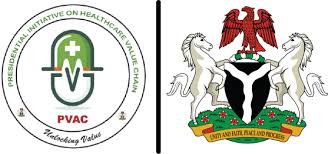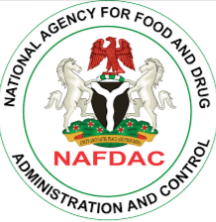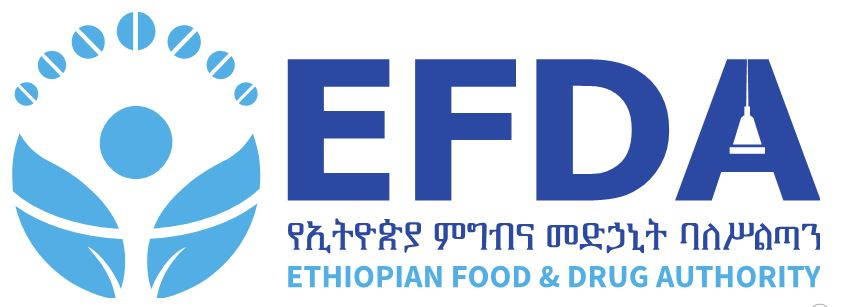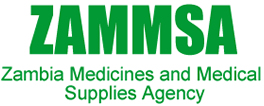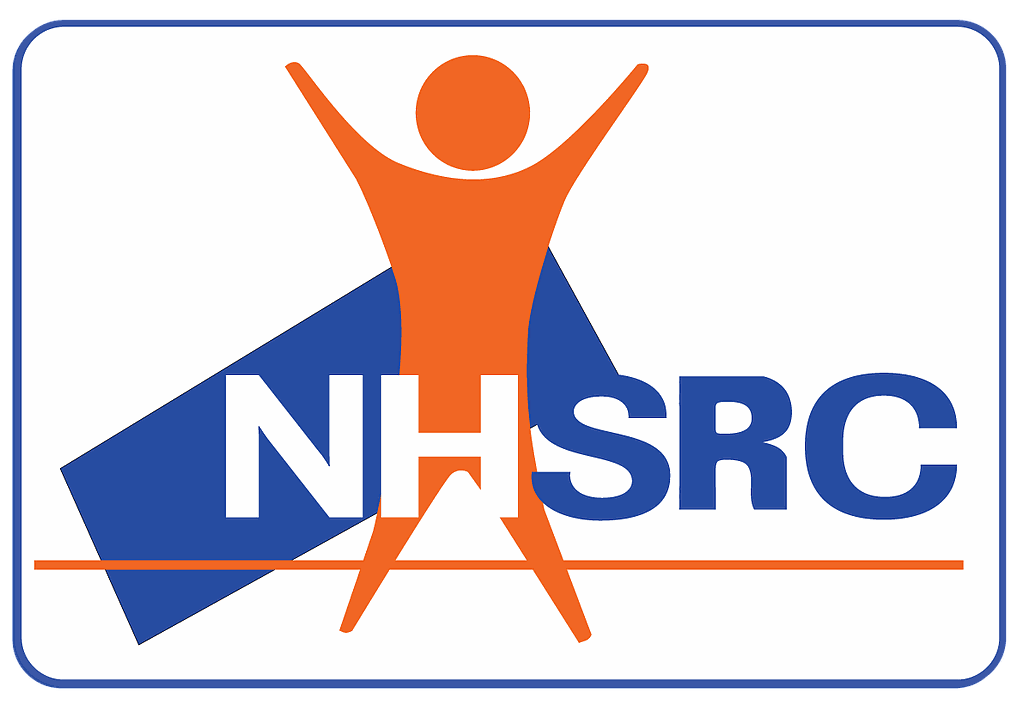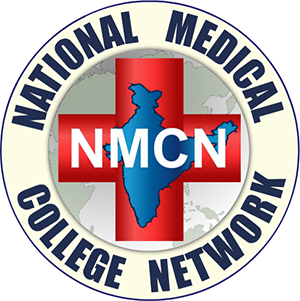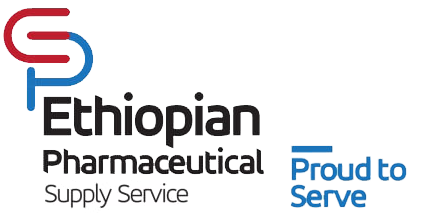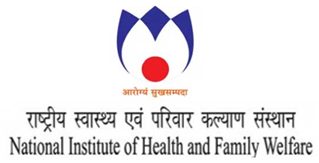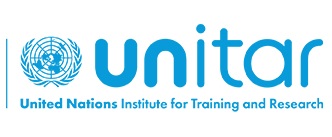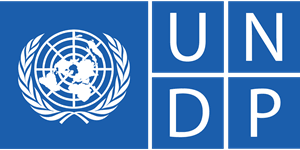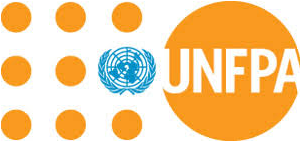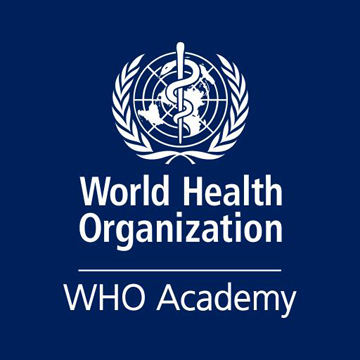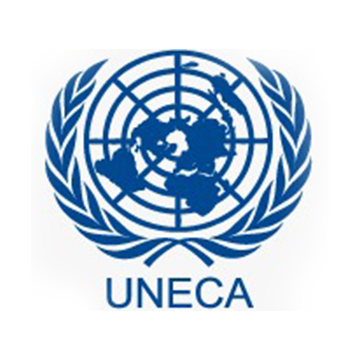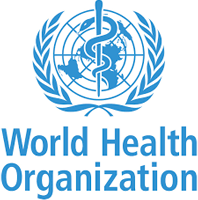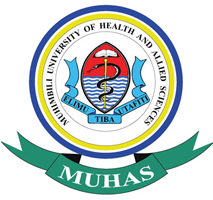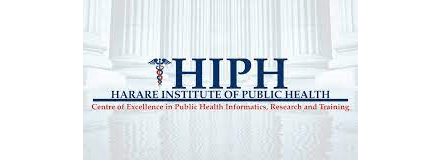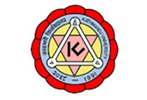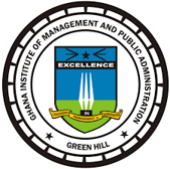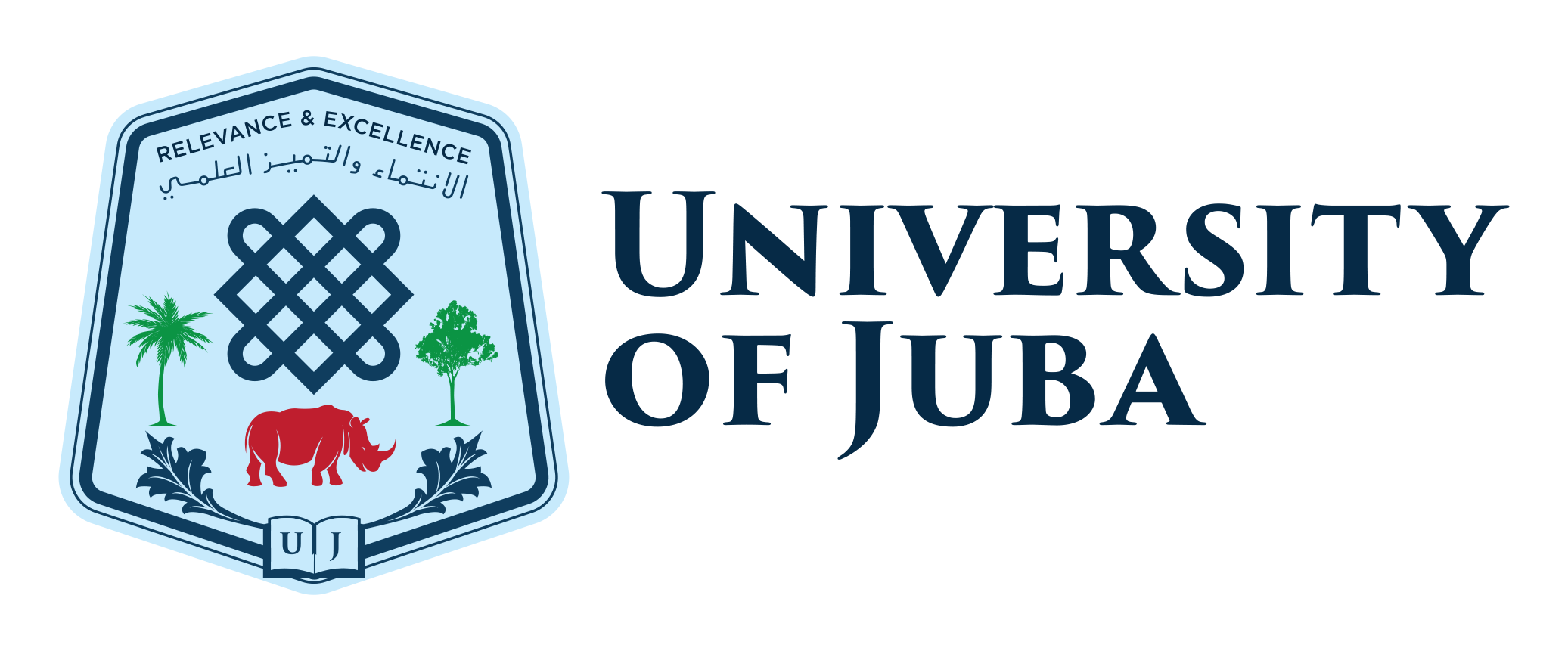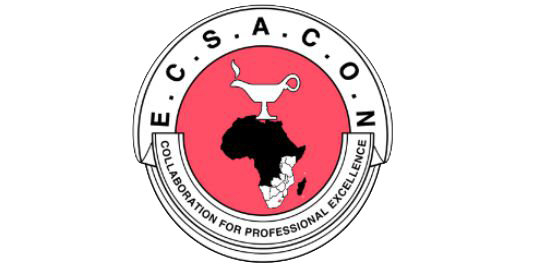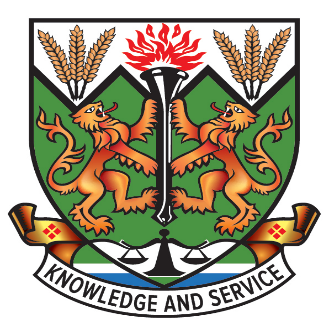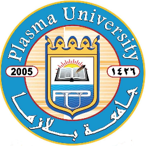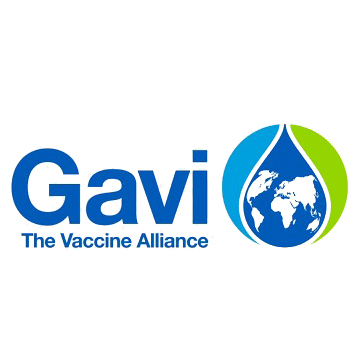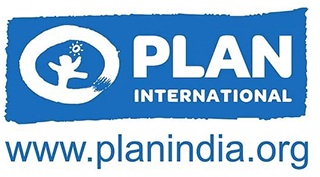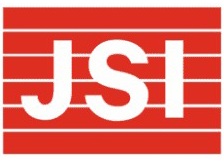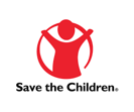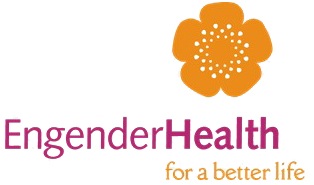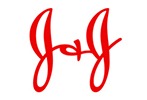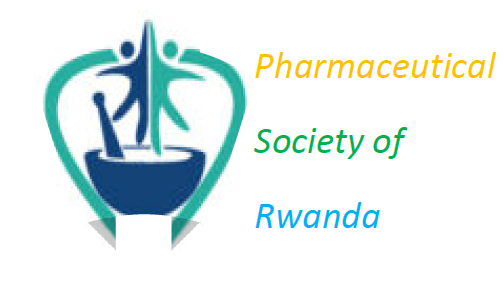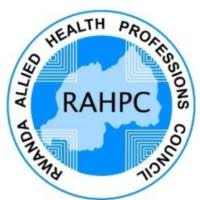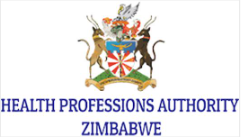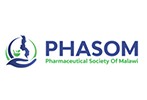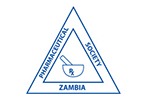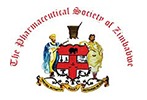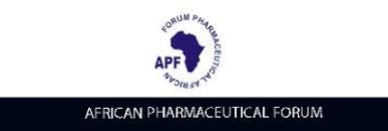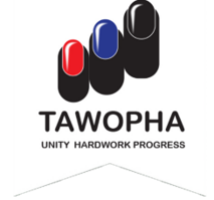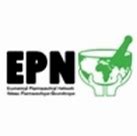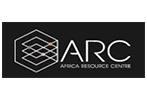About our partners, donors, and collaborators
Empower works together with various partners and organizations across the globe. This helps bring in a diverse range of talent and resources for better exchange among healthcare professionals. This also helps to transform lives and provide better healthcare for all.
The Presidential Initiative for Unlocking the Healthcare Value Chain (PVAC), is a strategic government effort launched by President Bola Ahmed Tinubu in October 2023 under the Renewed Hope Agenda, aims to attract billions in new healthcare investment. It operates under the Federal Ministry of Health & Social Welfare and the Coordinating Minister’s leadership.
The National Agency for Food and Drug Administration and Control (NAFDAC) was established by Decree No. 15 of 1993 as amended by Decree No. 19 of 1999 and now the National Agency for Food and Drug Administration and Control Act Cap N1 Laws of the Federation of Nigeria (LFN) 2004 to regulate and control the manufacture, importation, exportation, distribution, advertisement, sale and use of Food, Drugs, Cosmetics, Medical Devices, Packaged Water, Chemicals and Detergents (collectively known as regulated products). The agency was officially established in October 1992.
The Ethiopian Food and Drug Authority (EFDA) is a federal body mandated to protect public health by regulating the safety, quality, and efficacy of food, medicines, medical devices, cosmetics, alcohol, and tobacco. Previously overseeing products, professionals, premises, and practices, EFDA now focuses solely on regulated products and their associated establishments. Its responsibilities include overseeing production, import, export, distribution, market authorization, clinical trial approvals, and safety monitoring, with enforcement against non-compliance. EFDA operates through seven branches and collaborates with regional and city regulators.
Zambia Medicines and Medical Supplies Agency (ZAMMSA), is a statutory body established by the Zambia Medicines and Medical Supplies Agency Act 2019 and charged with the mandate to procure, store and distribute medicines and medical supplies to all public health institutions in Zambia on behalf of the Zambian Government.
The National Health Systems Resource Centre (NHSRC), established in 2006 under the National Rural Health Mission, serves as the apex technical assistance body for the Government of India. It supports policy development, capacity building, and technical support to the Ministry of Health and Family Welfare and states, aiming to improve health outcomes through governance reforms, system innovations, and enhanced information sharing across all levels.
The Ministry of Health & Family Welfare, Government of India, is implementing a greenfield eHealth project to link medical colleges nationwide through the National Medical College Network (NMCN) for e-Education and the National Rural Telemedicine Network (NRTN) for e-Healthcare delivery. National and Regional Resource Centers have been identified, and medical colleges to be connected have been mapped out.
The Ethiopian Pharmaceuticals Supply Agency (EPSA), established under Proclamation No. 553/2007, is a legal entity of the Federal Democratic Republic of Ethiopia aimed at ensuring an uninterrupted, affordable supply of quality-assured essential pharmaceuticals. It supports public health institutions, strengthens health service delivery, and promotes sustainable supply through a revolving fund and cost-recovery system.
The National Institute of Health and Family Welfare (NIHFW), established in 1977 through the merger of NIHAE and NIFP, is an autonomous apex technical institute under the Ministry of Health and Family Welfare, Government of India. Serving as a national think tank, it promotes health and family welfare programs through its multidisciplinary departments covering areas such as communication, epidemiology, training, hospital administration, reproductive biomedicine, and more.
The United Nations Institute for Training and Research (UNITAR) is an autonomous body within the United Nations that was established in 1965 pursuant to a UN General Assembly resolution, with the purpose of enhancing the effectiveness of the UN through appropriate training and research. UNITAR’s mission is to develop the individual, institutional and organizational capacities of countries and other United Nations stakeholders through high-quality learning solutions and related knowledge products and services to enhance decision-making and support country-level action for overcoming global challenges.
The United Nations' global development network promotes technical and investment cooperation among nations and advocates for change. It connects countries for knowledge, experience and resources to help people build a better life.
The WHO Academy is the World Health Organization's lifelong learning centre, bringing the very latest innovations in adult learning to global health.
Established in 1958 by the UN Economic and Social Council, the Economic Commission for Africa (ECA) is one of five regional UN commissions. With 54 member states, ECA promotes economic and social development, regional integration, and international cooperation in Africa. As the only UN agency mandated to work at both regional and subregional levels, ECA plays a unique role in addressing the continent’s development priorities.
The World Health Organization is an agency of the United Nations responsible for international public health. The WHO Constitution, which establishes the agency's governing structure and principles, states its main objective as "the attainment by all peoples of the highest possible level of health."
MUHAS has a mission to provide quality training, research and services in health and related fields for attainment of equitable socioeconomic development for the Tanzanian community and beyond.
The Department of Management Studies at IIT Delhi evolved from an idea in 1963 into a full-fledged department established in 1993. Initially launched as an M.Tech in Management Systems, it expanded into an MBA program in 1997 in response to industry and academic feedback. The department now offers a two-year full-time MBA (General and Telecommunication Systems Management) and a three-year part-time MBA (Technology Management), designed to meet the dynamic needs of the business environment. With a strong industry focus, eminent faculty, and a rigorous selection process, the program is on par with global business schools, producing well-rounded, industry-ready managers.
Kathmandu University (KU) is an autonomous, not-for-profit, self-funding public institution established by an Act of Parliament in December 1991. It is an institution of higher learning dedicated to maintaining the standard of academic excellence in various classical and professional disciplines.
The Ghana Institute of Management and Public Administration (GIMPA) was established in 1961 as a joint Ghana Government/United Nations (UN) special fund project. It is a Centre of Excellence for enhancing the capability of middle and top level executives in public and private sectors as well as non-governmental organisations (NGOs) both in Ghana and other countries.
University of Juba is a public university located in Juba, South Sudan, founded in 1975 in response to the need for higher education in southern areas of Sudan. Due to the Second Sudanese Civil War (1983 – 2005), the university relocated to Khartoum, for safety of staff, students and infrastructure.
The Ghana College of Pharmacists was established by section 84 to 113 of Act 833, 2011. The Mandate of the College is to: Promote specialist training in pharmacy, and related disciplines, Promote continuous professional development in pharmacy and related disciplines Promote research in pharmaceutical practice and related disciplines, and Contribute to the formulation of policies on sound health, medicines and public health general.
The East, Central and Southern Africa College of Nursing (ECSACON) was established in 1990 as an executing arm of the then Commonwealth Regional Health Community Secretariat for East, Central and Southern Africa (CRHCS-ECSA) in the area of nursing and midwifery. The Arusha-based CRHC-ECSA secretariat which is now referred as ECSA Health Community (ECSA HC) brings together 14 regional states of Africa.
Njala University (or simply Njala, as it is fondly called) has had a rich history since its establishment in 1964 as a university college based on the model of the American Land Grant University. Since then it has metamorphosed into one of the leading universities in the country
Plasma University is Private non-profit leading higher education institution which is committed providing the excellent university education that enables learners from all backgrounds to become enterprising citizens & responsible leaders, while also promoting economic and social prosperity for the communities we serve. PU comprises of 5 large academic units named colleges and one Postgraduate School, PU Recognizes the following academic awards.
This is a partnership designed to accelerate the end of AIDS, tuberculosis and malaria as epidemics. As an international organization, the Global Fund mobilizes and invests more than $4 billion USD per year to support programs run by local experts in more than 100 countries.
As a service provider in international cooperation and education, GIZ works to shape a sustainable, livable future worldwide. With over 50 years of experience in areas like economic development, energy, and peacebuilding, GIZ serve clients including the German Government, EU, UN, and others. GIZ collaborate with businesses, civil society, and research institutions to connect development policy with other sectors.
Gavi, the Vaccine Alliance is a public-private partnership that helps vaccinate half the world’s children against some of the world’s deadliest diseases. Since its inception in 2000, Gavi has helped to immunise a whole generation – over 1 billion children – and prevented more than 17.3 million future deaths, helping to halve child mortality in 78 lower-income countries.
The Bill & Melinda Gates Foundation works to help all people lead healthy, productive lives. In developing countries, it focuses on improving people's health and giving them the chance to lift themselves out of hunger and extreme poverty.
The World Health Organization is an agency of the United Nations responsible for international public health. The WHO Constitution, which establishes the agency's governing structure and principles, states its main objective as "the attainment by all peoples of the highest possible level of health."
VillageReach focus on designing responsive primary health care systems to improve health products and services’ accessibility to the hardest-to-reach communities. Through radical collaboration with governments, partners, and the private sector. VillageReach creates sustainable solutions that are scaled and sustained beyond our direct reach. By working together, VillageReach has enabled 111 million people to access quality health care.
Plan India is a nationally registered non-profit working to advance children’s rights and equality for girls, creating lasting impact in vulnerable communities. Since 1979, it has improved access to protection, education, healthcare, livelihoods, and youth participation. As a member of Plan International, active in over 70 countries, it contributes to global efforts for child rights and gender equality.
JSI is a public health and education professional organisation committed to improving outcomes for all, enabling individuals to live their healthiest lives. Partnering with governments, the private sector, and local organizations, JSI designs and implements tailored, innovative solutions that enhance system quality and accessibility.
PTD envisions a world where health supply chain workforces are empowered and equipped to optimize health outcomes by improving access to health commodities. The major goal is to create a supply chain workforce that is deployed across the public and private sectors within the health system.
The Global Alliance for Improved Nutrition is a non-profit foundation based in Geneva, Switzerland. GAIN was developed during the UN 2002 Special Session of the General Assembly on Children. GAIN's activities include improving the consumption of nutritious and safe foods for all.
EngenderHealth is a global organization advancing sexual and reproductive health, rights, and gender equality. It supports informed choices around sexuality and childbearing, working with communities, health systems, and governments to provide sustainable, high-quality care. Known for the expertise in abortion care, contraception, maternal health, and gender-based violence, our programs address gender norms, promote youth participation, and strengthen health systems—key to achieving universal health coverage./p>
Johnson & Johnson (J&J) is an American multinational corporation founded in 1886 that develops medical devices, pharmaceutical, and consumer packaged goods.It is the largest and most broadly based healthcare company in the world. They’re producing life-changing breakthroughs every day, and have been for the last 130 years.
PSR is committed to be a vibrant, self-sustaining organization that will protect the community professional image, improve socio-economic welfare, and promote the interests of community pharmacists through effective representation, capacity building and lead in the delivery of high quality care service to the population.
ASLM is an independent, international, not-for-profit organisation founded in March 2011 in Addis Ababa that coordinates, galvanises and mobilises relevant stakeholders at the local, national, and international levels to improve local access to world-class diagnostic services and ensure healthy African communities now and for the long-term.
The Rwanda National Pharmacy Council (NPC) is an independent statutory organization accountable for the regulation of pharmacy professionals. This is responsible for ensuring that the rules, honor, and dignity of the pharmacy profession are complied with and ensures the protection of public health. academic programs.
The PSSL is a non-profit oriented professional organisation of Pharmacy Professionals that does not only seek the welfare of its membership but also contribute to the body of knowledge and promotion of pharmacy education. PSSL is currently responsible for the coordination and conduct of Continuous Professional Development as part of its mandate in positioning the Pharmacy Profession in the emerging world.
The Rwanda Allied Health Professions Council (RAHPC), established under Act N°46/2012, regulates and supports allied health professions to protect public interest. It sets and enforces professional standards, ethics, and conduct, ensuring registered professionals uphold integrity, morality, and compliance with health laws and regulations in Rwanda.
The PCZ regulates the practice of pharmacists,pharmacy technicians,optometrists, dispensing opticians and hearing aid specialist in Zimbabwe.
Pharmaceutical Society of Malawi (PHASOM) is a not for profit group of Pharmacy professionals which is registered with the registrar of companies in Malawi and operates under the multiple objectives.
This Society works hand-in-hand with its local and other regulatory bodies to ensure these object are upheld, thus ensuring the good health of the nation through quality service provision.
The African Pharmaceutical Forum (APF) is the FIP sixth regional forum of National Pharmaceutical Organizations in cooperation with the World Health Organization (WHO) African regional office. The forum was founded in May 2004 in the capital of Zimbabwe.
The Pharmaceutical Society of Kenya (PSK)is a representative organization that was formed to enable Pharmacists to employ their professional expertise in the care of patients. Since its formation, PSK continues to promote a common standard for professional conduct and code of ethics for its members, as well as advocate the welfare of Pharmacists.
TAWOPHA is a Non-Governmental Organization established in 2008 with the aim of maintaining and advocating for the highest professional standards and ethics for the interest of its members and the general public at large. The main mission is to contribute to the improvement of Tanzania public health through promotion of good pharmacy practices.
The African Pharmaceutical Network (APN) is a not for profit initiative designed to bring together players in the African Pharmaceutical Sector for knowledge sharing, policy shaping and innovation nurturing discussions towards a robust pharmaceutical sector anchored on; reliable access to safe,efficacious and affordable quality medicines for the African people
EPN is a Christian non-profit organization comprising of 131 members of healthcare providers and professionals. The majority of our members are Faith-Based Organizations (FBOs) that provide healthcare to communities in the most marginalized and remote areas where national government health services are limited. Our network over time has grown to a total of 131 members in 38 countries: 31 Christian Health Associations (CHAs), 22 Health Systems Strengthening organizations, 17 Church Health Institutions (CHIs), 18 Drug Supply and 43 Individuals. More than 300 million people rely on health care provided by our Network.


